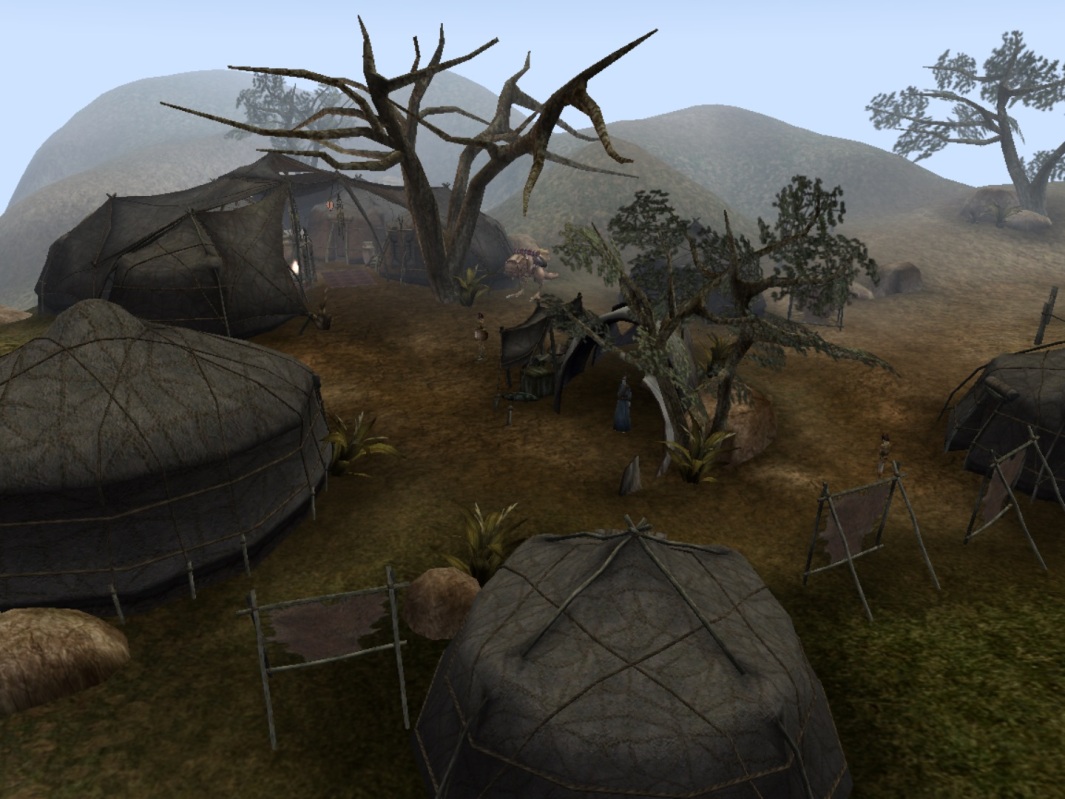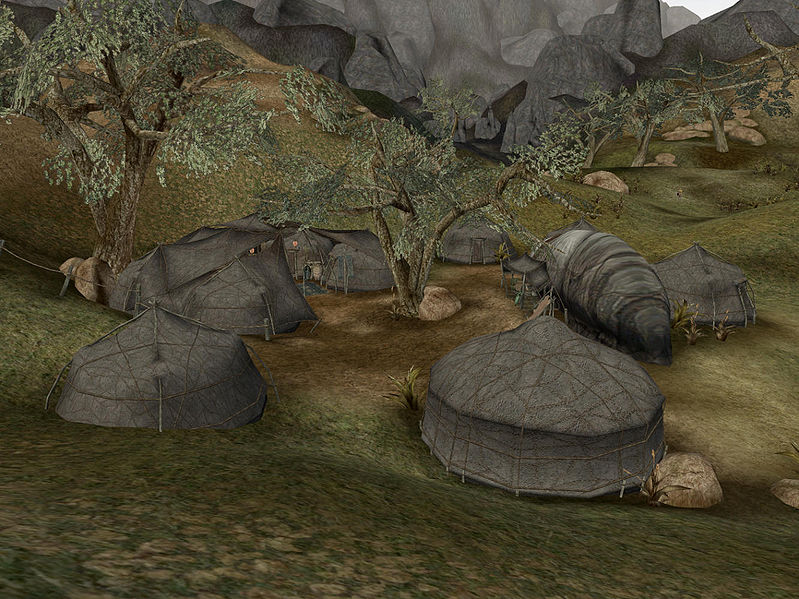I suppose that depends on which stories you're talking about. In the Elder Scrolls and indeed Tolkien, dark elves aren't evil at all. If you're talking about stories where dark elves are all evil, then you have one of two possibilities. Either they're individual elves who have chosen to become evil, like Dalamar from Dragonlance, in which case they're not really a race at all but individual members of a race of varying alignment, no different from humans. Or they're a distinct race that is uniformly evil, such as the Drow of other D&D settings. But if the Drow (or whatever) are really an evil race then that suggests that they have fundamentally changed at the genetic level when they split off from other elves - just as Romulans are physiologically different from Vulcans even though they come from the same stock.
This is getting too nerdy so I'll stop. But the point is that a good character or an evil character is interesting because of their internal struggles - being good, or being evil, has to be the outcome of a narrative, not just a preset condition that goes unchallenged. If you're going to have an evil race, then it's clear that all or at least most of them are evil without having any internal struggles about it. If they did have such internal struggles, they wouldn't all (or most) be evil. Now certainly one could have individuals from that race who might rebel against these tendencies and become good instead - like virtually every Drow player character in any D&D campaign. But then it's the individual who's interesting, not the race, and the individual is interesting because they differ from the rest of the race. In short, if you're going to say that the dark elves still retain an element of goodness in their nature, then as long as that element of goodness is too weak or small to make more than a statistically negligible number of individuals actually good, it's too weak or small to be interesting. And if it's strong enough to make a significant number of individuals actually good, they're not an evil race any more.






